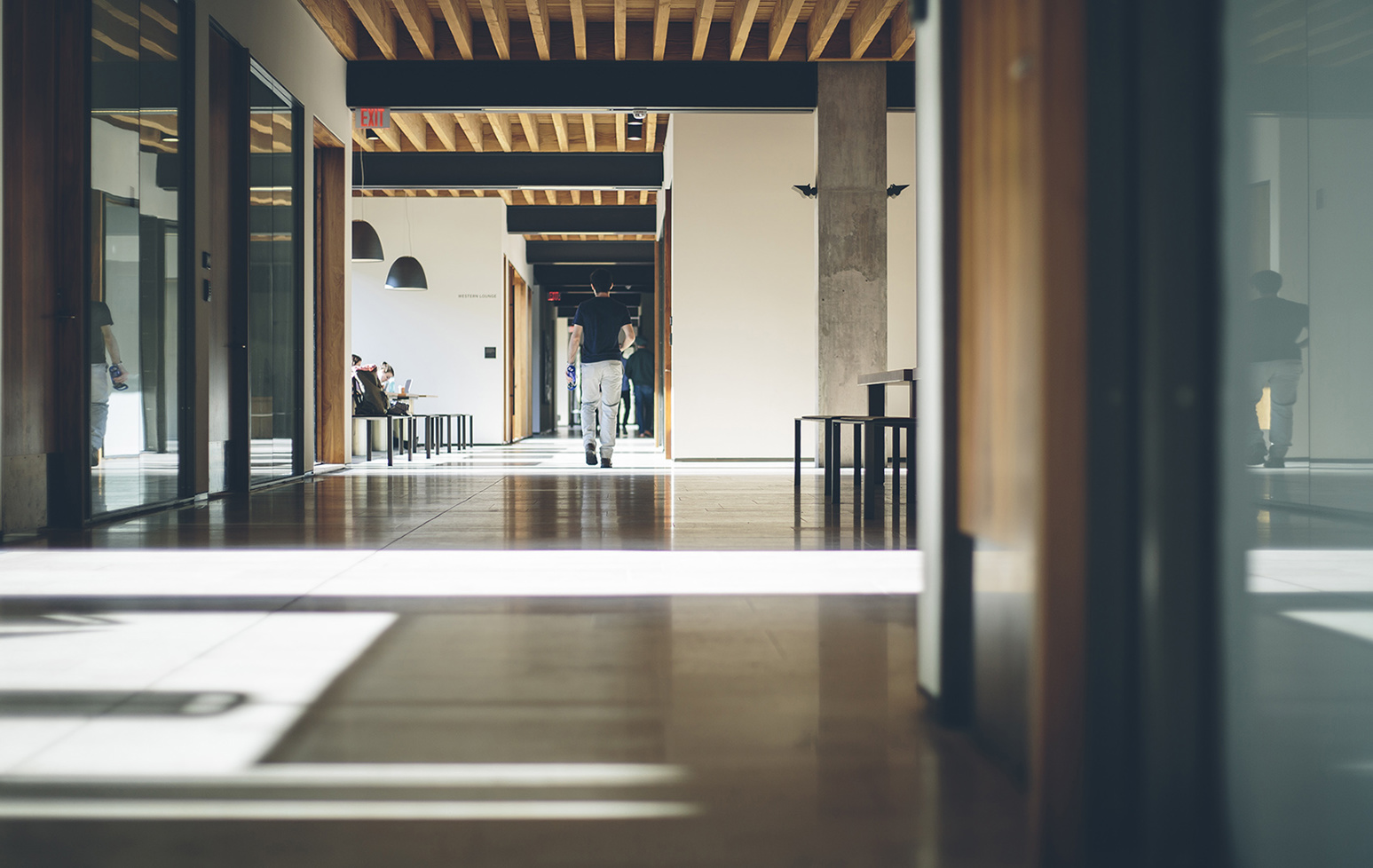Our Community
From extracurriculars to academic achievements, what truly sets an Ivey student apart from the rest of their section? Real-life, hands-on experience. With the Community Consulting Project, HBA1 students push themselves to learn by working pro-bono to help local non-profits achieve their business targets.
In this semester-long initiative, clients come to the 12 teams of students with problems, goals, and opportunities they want to tap into, and the teams utilize support from workshops and Accenture consultant partners to make their recommendations for the non-profits. With past project teams partnering with SickKids, Kids Help Phone and the David Suzuki Foundation, students have worked on an array of problems such as: creating fundraising plans to communicate and develop client relationships, developing strategies for the launch of new focus areas, and conducting research on existing company technologies to write recommendations about how to improve worker efficiency.
But do students need prior consulting experience to do this project? According to the internal co-president, Kaitlyn Neto, the answer is no! Students are taught on the job about project expectations and how to interact professionally with the clients. Other than that, each project tailors to a different client, so the team must use their multifaceted academic backgrounds to develop a customized implementation plan and scope.
During my interview with Neto, she described her position as internal co-president as a unique position where she can focus on helping the teams with their needs and enriching their individual experiences. As a pro-bono consultant during her HBA1 year, she initially became involved in the project to explore her interest in a consulting career as she wanted to contribute to the local community while delving into this career path. This year, she described the CCP as having a “two-fold dynamic” between the student and non-profit side. While this initiative provides an opportunity to “gain field experience” by providing an unbiased viewpoint, Neto also emphasizes the value of supporting London-based businesses.
While the CCP intersects business and social impact, Neto also emphasized the valuable transferable soft skills that students who took full advantage of the experience gain. According to her, consultants must have critical-thinking, problem-solving and communication skills, all of which case analysis and collaboration focused on developing.
Overall, Neto’s sage words of advice were what stuck with me the most: Enjoying what you’re doing allows you to make a genuine effort, which makes succeeding come more naturally. As an aspiring or current AEO student, there’s a lot of pressure to find the “right extracurriculars”- that is, those typically geared towards traditional finance positions. However, the first two years of university are all about self-discovery! Experimenting with a mix of athletic, artistic, and academic extracurriculars is vital to uncovering hidden interests in a low-stress environment with a support group of like-minded students. If you get involved with a club you’re passionate about, you will be able to push yourself to step up as a leader and make a lasting change in the club’s management. And what more rewarding way to see the fruits of your labour than by getting involved with the local community as a real-life consultant?
